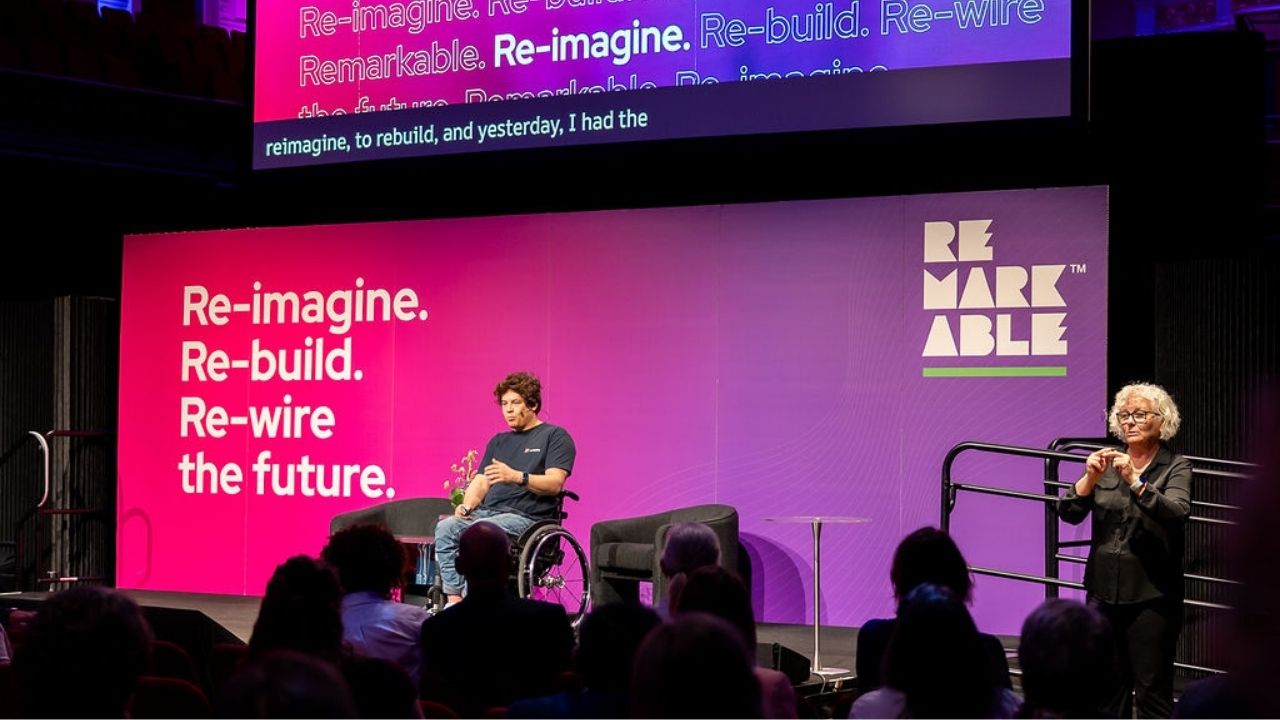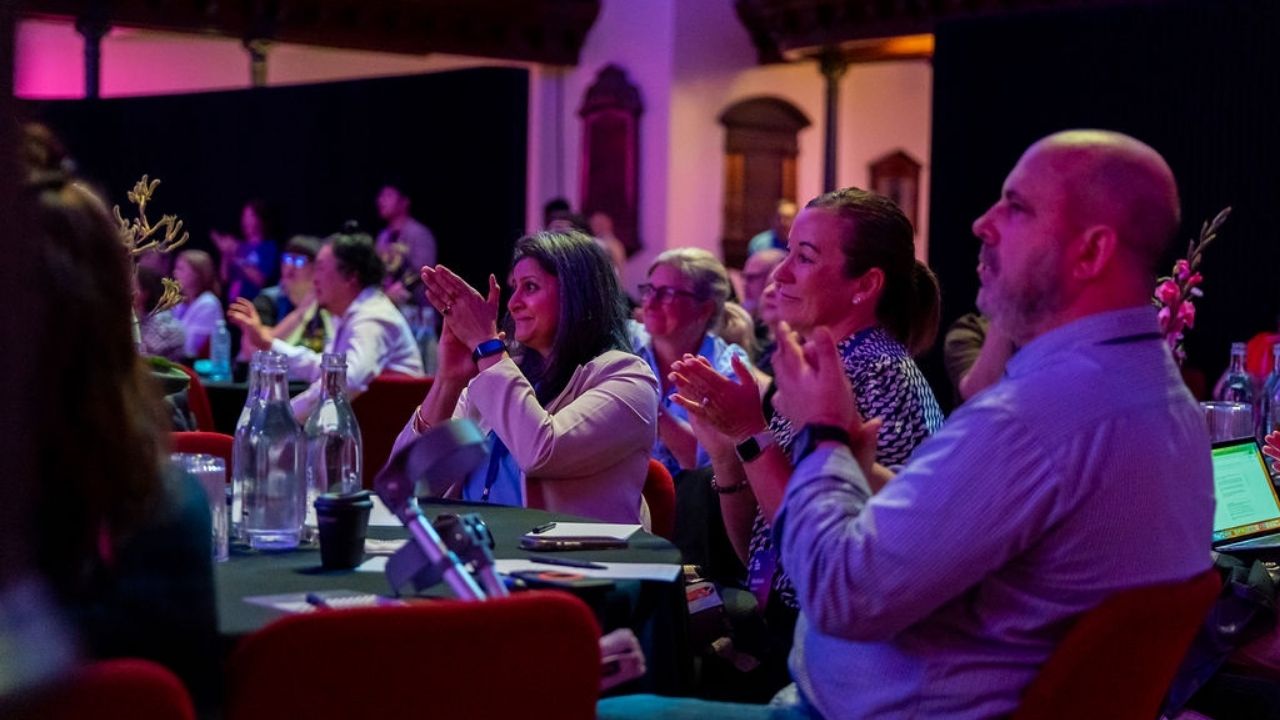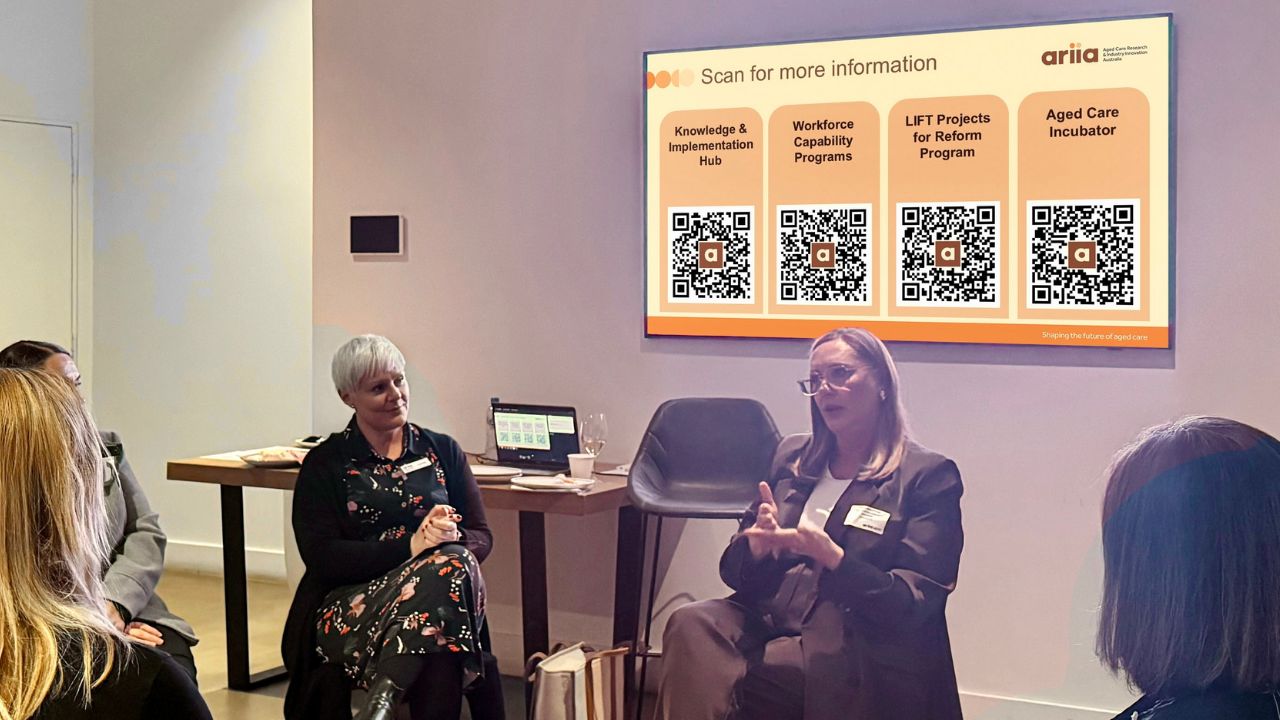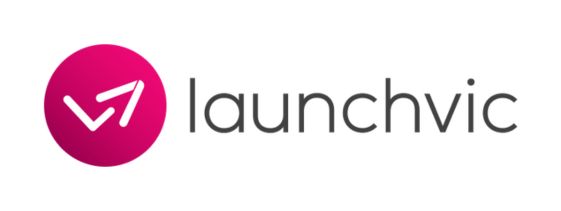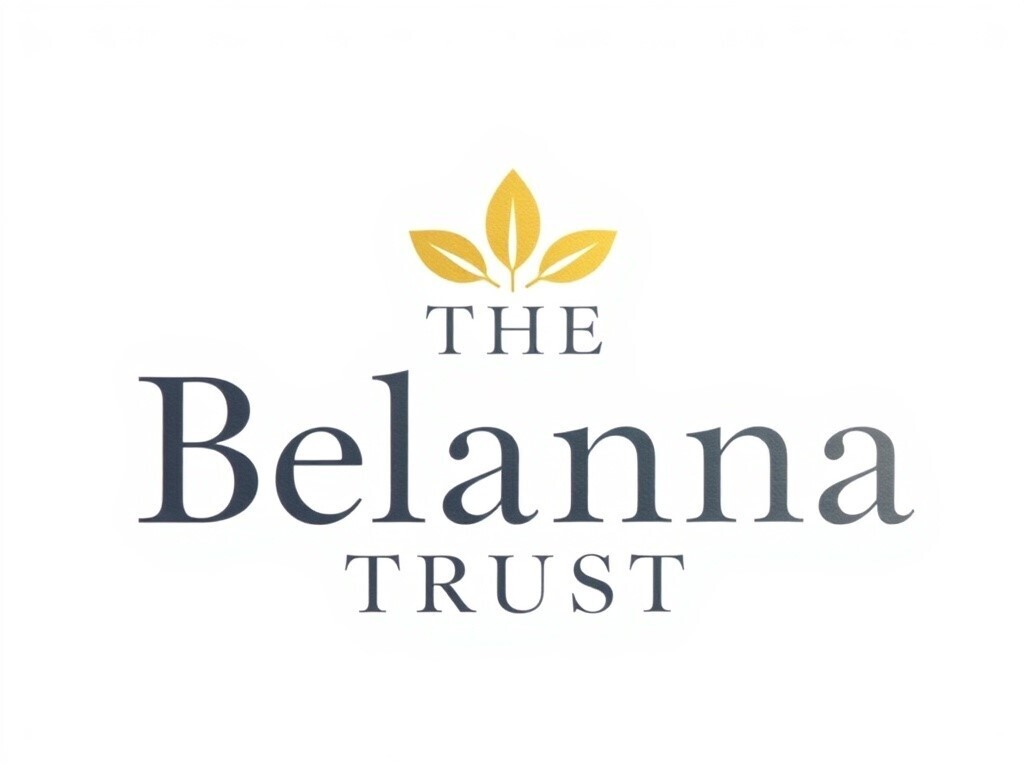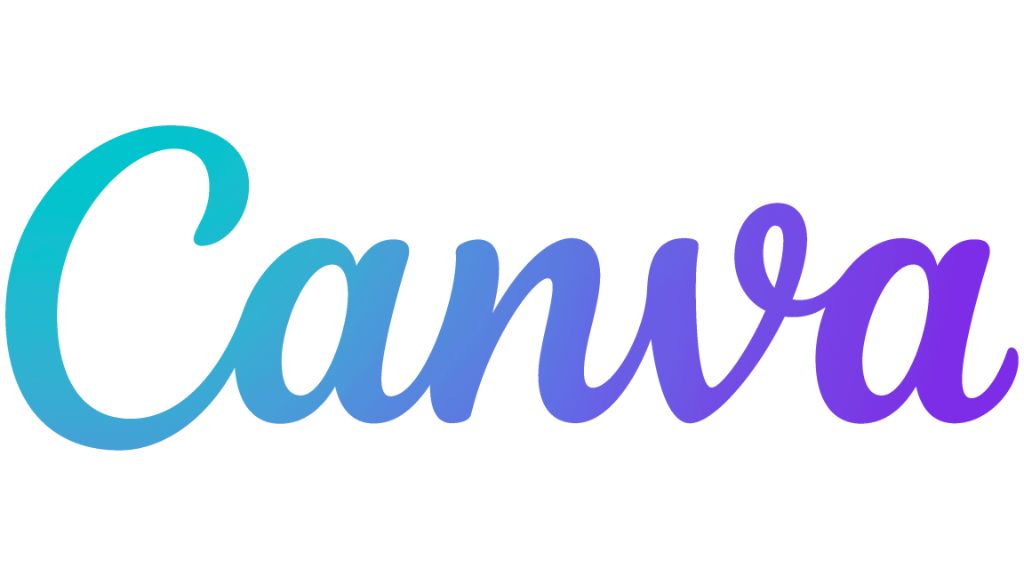
We’re excited to bring you this interview with Matt Pierri, our Entrepreneur-in-Residence and Founder/CEO of Sociability - you might remember him from Season 1 of the Remarkable Insights podcast!
In this blog, Matt shares the valuable lessons he’s learned on his journey as a Disability Tech startup founder, and his vision for empowering disabled people through innovative tech.
Can you briefly introduce yourself and share a bit about your background?
Hi! My name is Matt Pierri and I’m the founder and CEO of Sociability.
We’re a Disability Tech company organising the world’s accessibility information. More broadly, we’re on a mission to help disabled people find accessible places and peace of mind to explore the world around them.
Before that, I worked as an Entrepreneur-in-Residence for Eric Schmidt (former Google CEO), studied at the University of Oxford as a Rhodes Scholar and worked at King & Wood Mallesons as a lawyer.
I’m originally from Melbourne, Australia – but now live in London, UK. Last, but not least, I’m a wheelchair user and I’m passionate about changing perceptions of disability and empowering disabled people to thrive and live their best lives.
What fuels your passion for Disability Tech?
At a surface level – I’m disabled and I like tech.
Unfortunately, a lot of the time, I find that mainstream tech doesn’t work for me and I think that it could if it were built more thoughtfully and with more imagination. I’m excited to be able to help make that a reality in some small way.
More deeply, I feel a really strong sense of injustice at the barriers so many disabled people face on a day-to-day basis. Not being born disabled, I – unfortunately – appreciate how overlooked, forgotten and marginalised the disabled population often is.
For me, private industry is the greatest trend-setter of our time. Governments and the third-sector are incredibly important, but they too often follow the lead of big business. In recent years, society has been led – more specifically – by big tech. And, to that end, I think that bringing Disability Tech into the mainstream is not only a very tangible way of building better products that can empower disabled people (and everyone else) at scale, but it is also a key means, if not requirement, for us to culturally change the perception of disabled people, disability and inclusion at scale.
Can you share some highlights of your journey as a startup founder and the challenges that shaped you the most?
There’s too many to share here but I think that, ultimately, the most consistent highlight of my time as a founder is meeting users and hearing their stories of how Sociability has helped them to do something – whether that be to travel to a new city, have a coffee or dinner with friends, or go on a night out.
It’s still quite surreal to hear people saying that they use Sociability – and that it works! – because, as a founder, you spend most of your time looking forward to the next challenge or problem to solve, and not a lot of time looking back celebrating the progress you’ve made. Meeting users is always a great reminder to take the time to do so, and to remind yourself – and your team – why you do what you do!
In terms of challenges, the ones that have shaped me the most are definitely team-related. As an accidental founder, I was definitely not equipped to grow and manage a high-performing team – let alone one that depends on Sociability for their livelihoods (I had managed teams before, but only of volunteers). Learning how to shoulder the responsibility of being a team leader and an employer to many (particularly through a pandemic and a recession) has been a steep learning curve – and one that I’m very much still on! I hope, however, that the curve has led to a passionate, productive and happy workplace – and I’m committed to continually improving it to be so! I have learnt that you can never have too much communication in the workplace, and that it’s always better to nip things in the bud than to put your head in the sand.
What’s an emerging trend in the Disability Tech space that you find particularly exciting or promising?
Broadly, the understanding that disabled people are consumers is the most powerful trend I’ve seen in the past few years.
I’m really excited at the capacity for widespread innovation when those creating places, products and services realise that disabled people like good products, spend good money, and make good decisions when they are properly served by the market.
More specifically, the broader trend towards embedding accessibility features into mainstream tech products is particularly exciting. Take Apple’s work on bringing features like VoiceOver, eye-tracking and AssistiveTouch to the iPhone and billions of other devices. We just need to ensure that people understand that these innovations – like so many others, from email to the telephone to the typewriter – were created for disabled people and will benefit all people!
Is there a quote or piece of advice that has been a guiding principle in your work and life?
I used to have a quote on my wall that said:
It’ll all be OK in the end. And if it’s not OK, then it’s not the end.
I think this is pretty apt for life as a startup founder and, arguably, life more broadly.
Separate to this, I’d say that I have – for a long time now – tried to spend my time doing things that I am passionate about. I can throw a few clichés out here:
Life’s too short
If you love your work, you never work a day in your life
I could go on… But, ultimately, I think it comes down to the fact that life is hard and there will be twists and turns, ups and downs. The easiest way to keep going, to keep pushing through, is to be passionate about what you do – both at work and at home.
More specifically, for those looking to start a venture – I think the best preparation of all is to pick a problem that you’re passionate about solving and ensure that you surround yourself with the people who will ultimately be using your solution. This will hold you in good stead when all you want to do is give up.
As our Entrepreneur-in-Residence, what unique perspectives or skills do you bring to the Remarkable community?
This is probably best answered by you! But, at least from my perspective, I think there are three key things I can offer to those in the Remarkable community:
- I’m an accidental founder. If you’d asked me 10 years ago what I’d be doing today, it definitely would not have been this. Most likely, I would have been trapped in a glass tower somewhere reading a lot of documents late at night. Being a startup founder is already an adventure, and a bit of “fake it til you make it” goes a long way. But I think it’s important to see people out there who haven’t wanted to be entrepreneurs their whole life, who haven’t planned the journey but are still enjoying it, and who definitely don’t have all the answers but are happy to make mistakes and learn along the way.
- I’m my own target user. This has its pros and cons. Ultimately, I’m trying to build something that I will use for myself – indeed, quite selfish in many ways! On one hand, this means I really understand the target user and I’ve got a very high bar for success. I’m also really passionate about solving this problem because it’s one I feel and live through every day. On the other hand, I need to work particularly hard to ensure that I’m not blinkering our team, not biasing our product choices and user testing and, perhaps most importantly, never complacent about understanding our users. Particularly in the disability space, it’s important to remember that everyone’s experience is unique – even those with the same disability or impairments; and
- I’ve lived and worked between Australia and the UK, and across for-profit and non-profit disability ventures. I’m Australian – born and raised in Melbourne – but now living in London. I’ve had the fortunate chance to work across the disability space in both countries, as well as the US. This privileged perspective has definitely been useful for Sociability as we think about how we can do what we do in more places – and I hope it might be useful for other Remarkable founders keen to expand their innovations outside of Australia. Finally, my first forays into the disability space were all not-for-profit (I’m the co-founder of Wheels in Motion in Melbourne, and started the Oxford Accessibility Project in the UK). Now working in a for-profit disability venture, I like to think I’ve a good sense for when and why each approach is most appropriate, and some of the high-level advantages and challenges involved therein.
Lastly, what’s the best way for people to connect with you?
You can reach out via my Instagram (@mattpierri) or LinkedIn (linkedin.com/in/mattpierri)



.png)
.jpg)


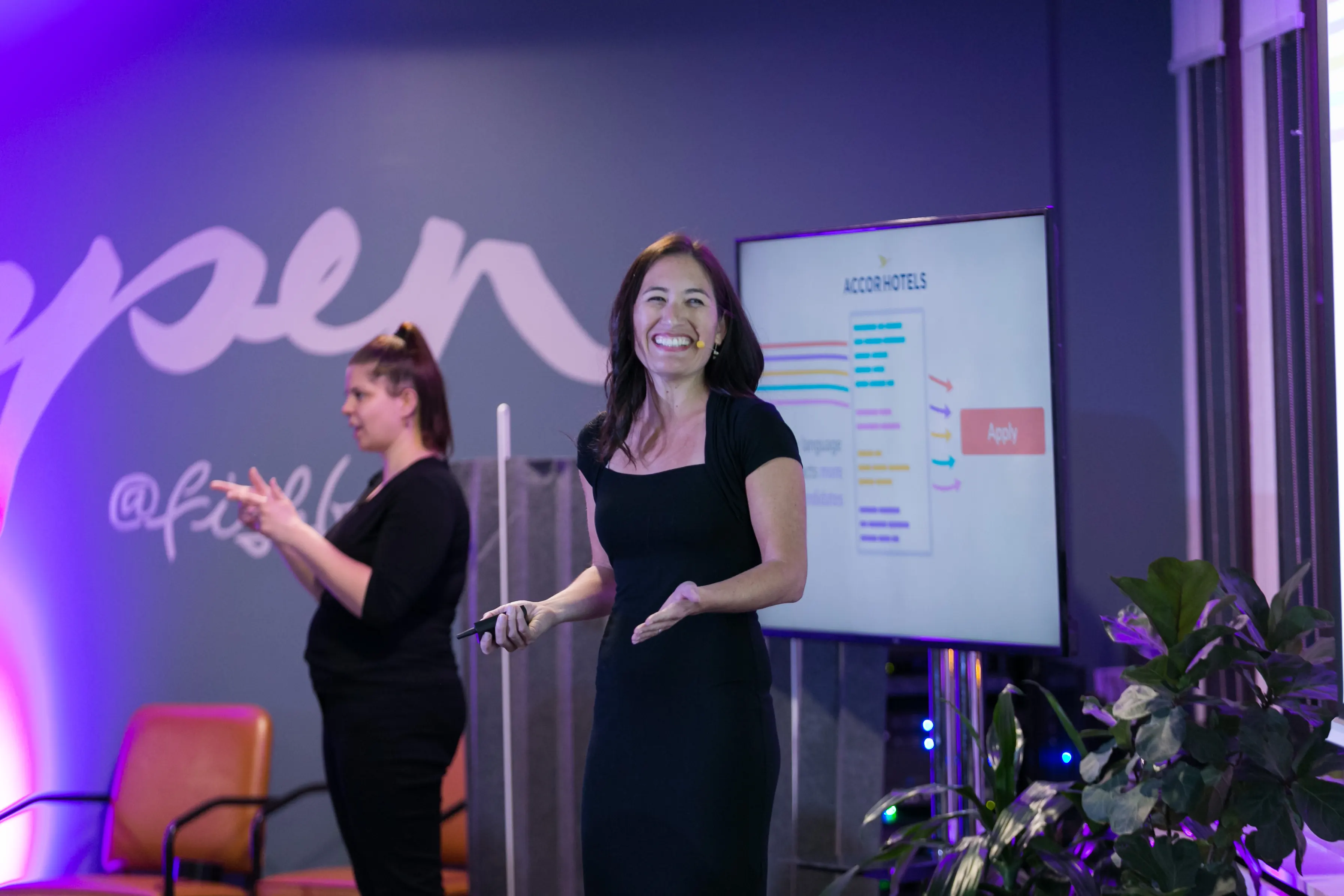

.jpg)
